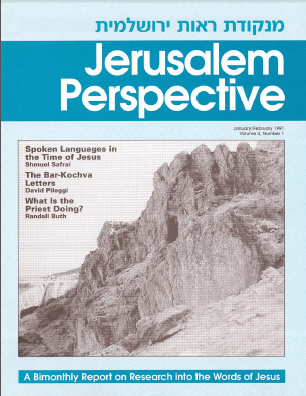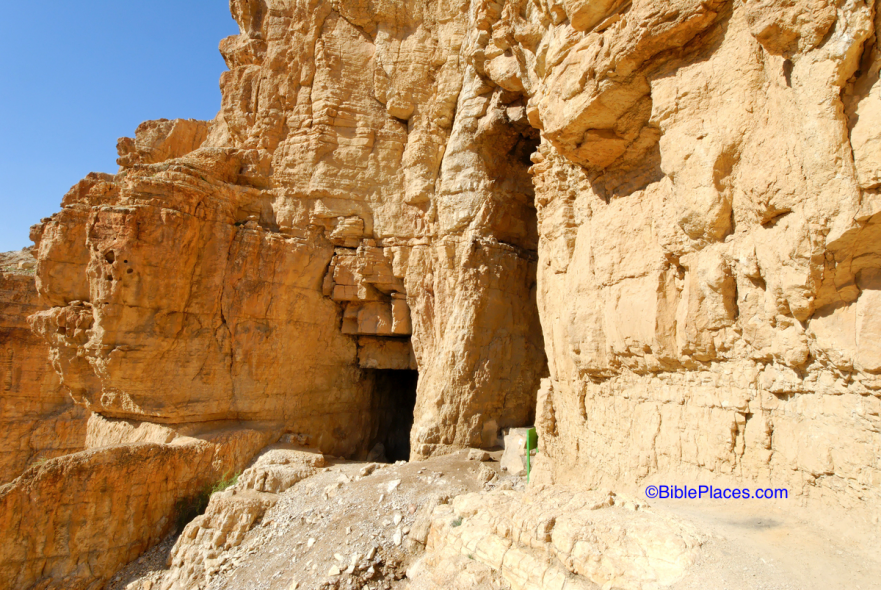How to cite: David Pileggi, “The Bar-Kochva Letters,” Jerusalem Perspective 30 (1991): 9-11 [https://www.jerusalemperspective.com/2554/].
The Bar-Kochva (also written Bar-Kochba and Bar-Kokhba) uprising, which took place during the years 132-135 A.D., was the last Jewish attempt to throw off the Roman yoke. It broke out sixty-two years after Rome destroyed the Temple in Jerusalem (70 A.D.), and only fifteen years following a Jewish insurrection against Roman authority in North Africa, Cyprus and Mesopotamia. But while the Bar-Kochva revolt is one of the most significant events in Jewish history, it lacked a chronicler like Josephus, and as a result we have no detailed account of the war or its devastating consequences.
Paid Content
Premium Members and Friends of JP must be logged in to access this content: Login
If you do not have a paid subscription, please consider registering as a Premium Member starting at $10/month (paid monthly) or only $5/month (paid annually): Register
One Time Purchase Rather Than Membership
Rather than purchasing a membership subscription, you may purchase access to this single page for $1.99 USD. To purchase access we strongly encourage users to first register for a free account with JP (Register), which will make the process of accessing your purchase much simpler. Once you have registered you may login and purchase access to this page at this link:
































































































